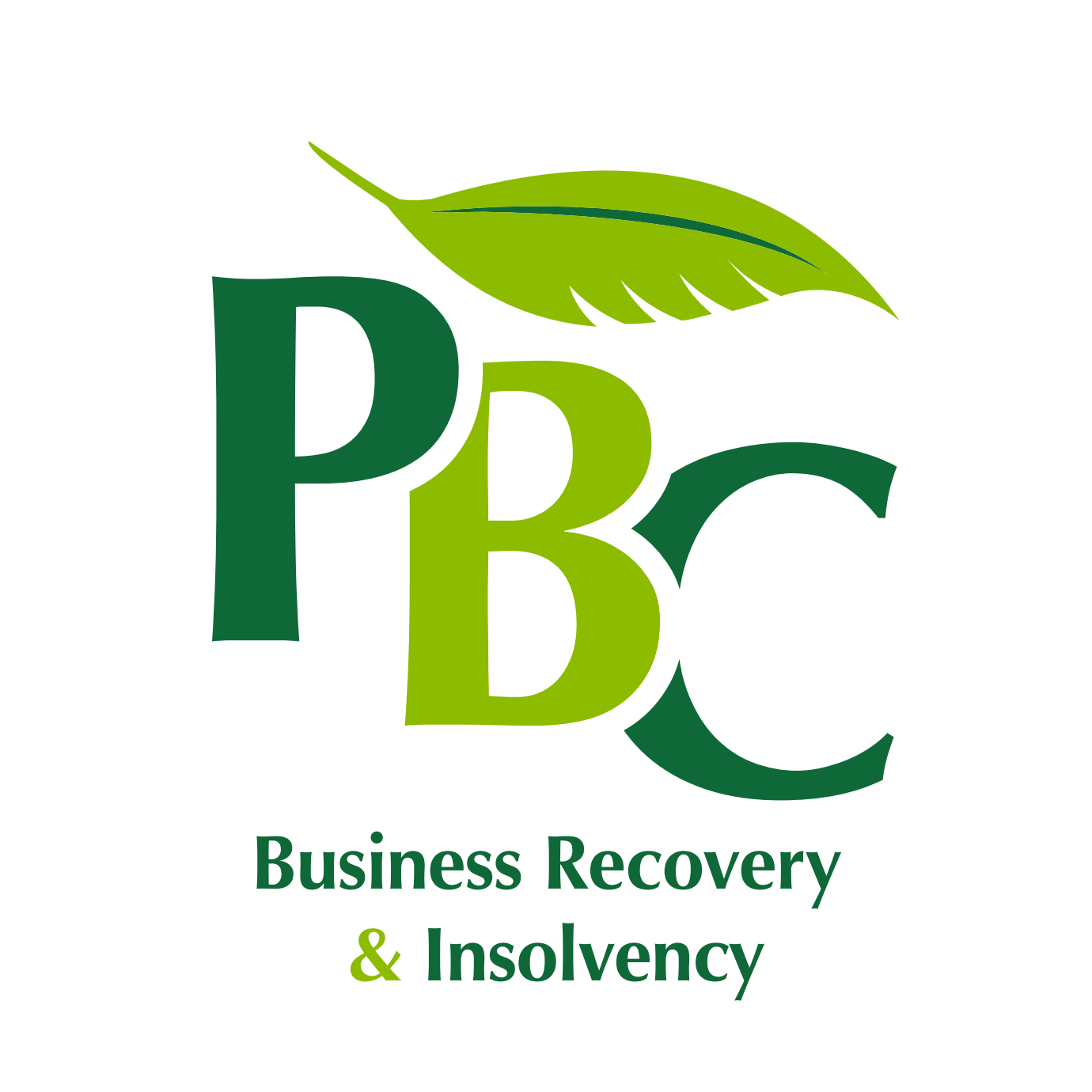As everyone in business will appreciate, the phrase, “cash is king,” rings very loud when it comes to keeping your business going. With many businesses across the UK fighting to get debts paid, it has resulted in recovery threats increasing. But just how far can you press a customer for payment?
In one case PBC were instructed to advise directors of a company that was literally days away from crashing into administration, following a threat of, “if you do not pay our client by 4.00 p.m. Friday we shall commence winding up proceedings.” After some checking it turned out the client supplier had refused to supply the goods until they were paid for in advance. After we pointed out the goods had not even left their client’s building, the threatening solicitor withdrew their threat.
A malicious winding up petition is one that has been presented wrongly. It maybe the petitioner knows the debt is not due or payable, or it is disputed, where a more appropriate judicial process ought to be followed. In short, it is designed to pressurise a payment that may not lawfully be due and this is regarded by the courts as an abuse of process.
Another action that is considered an abuse is when the petitioner advertises outside the parameters of the insolvency rules. For example, emailing a copy of the endorsed petition to the respondent company’s bankers on the day the petition was presented can result in the petition being dismissed and, potentially a subsequent legal action against the petitioner on grounds of malicious prosecution.
There are two key messages, here, namely:
- As the creditor, you need to consider whether you have an enforceable debt and, if so, what is the most appropriate route for collection. It also helps if you can put the emotion to one side and consider the outcome of your actions and whether there are better alternatives that will maximise recovery. If in doubt, seek legal advice or, where an alternative insolvency procedure has been put forward by the debtor, consult with an insolvency practitioner for their views on that alternative.
- For the debtor, at the first sign of experiencing difficulty in meeting your debts when they fall due, take advice from an insolvency practitioner. Do not leave it until you have frustrated your creditors so much that they become focussed on seeing your business wound up and you investigated for potential misconduct.
It is all too simple to tell someone who is owed money not to become emotional, but threatening winding up when that is inappropriate or even malicious can come back and haunt you. Yes, there is a desire to recover debts as quickly as possible, but beware of not falling into the malicious trap.
If you need any advice or assistance on any corporate restructuring or insolvency-related issue, then please contact PBC Business Recovery & Insolvency on 01604 212150 (Northampton), 01908 488653 (Milton Keynes) or email to enquiries@pbcbusinessrecovery.co.uk. Alternatively, visit www.pbcbusinessrecovery.co.uk for further information.







